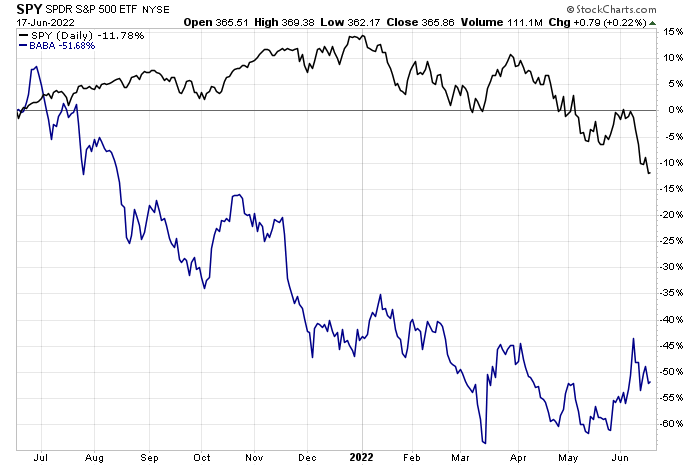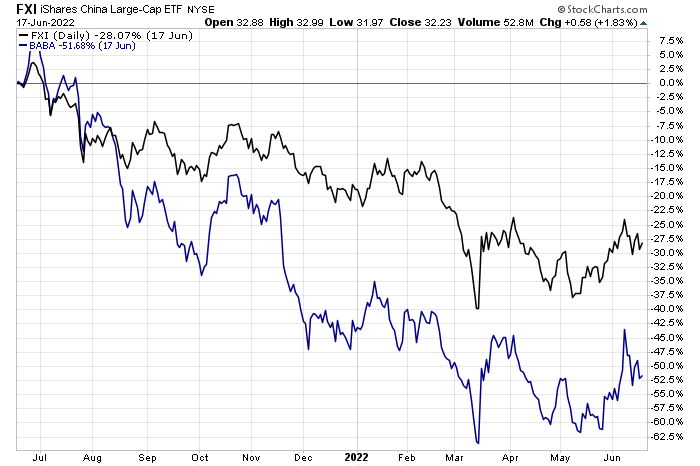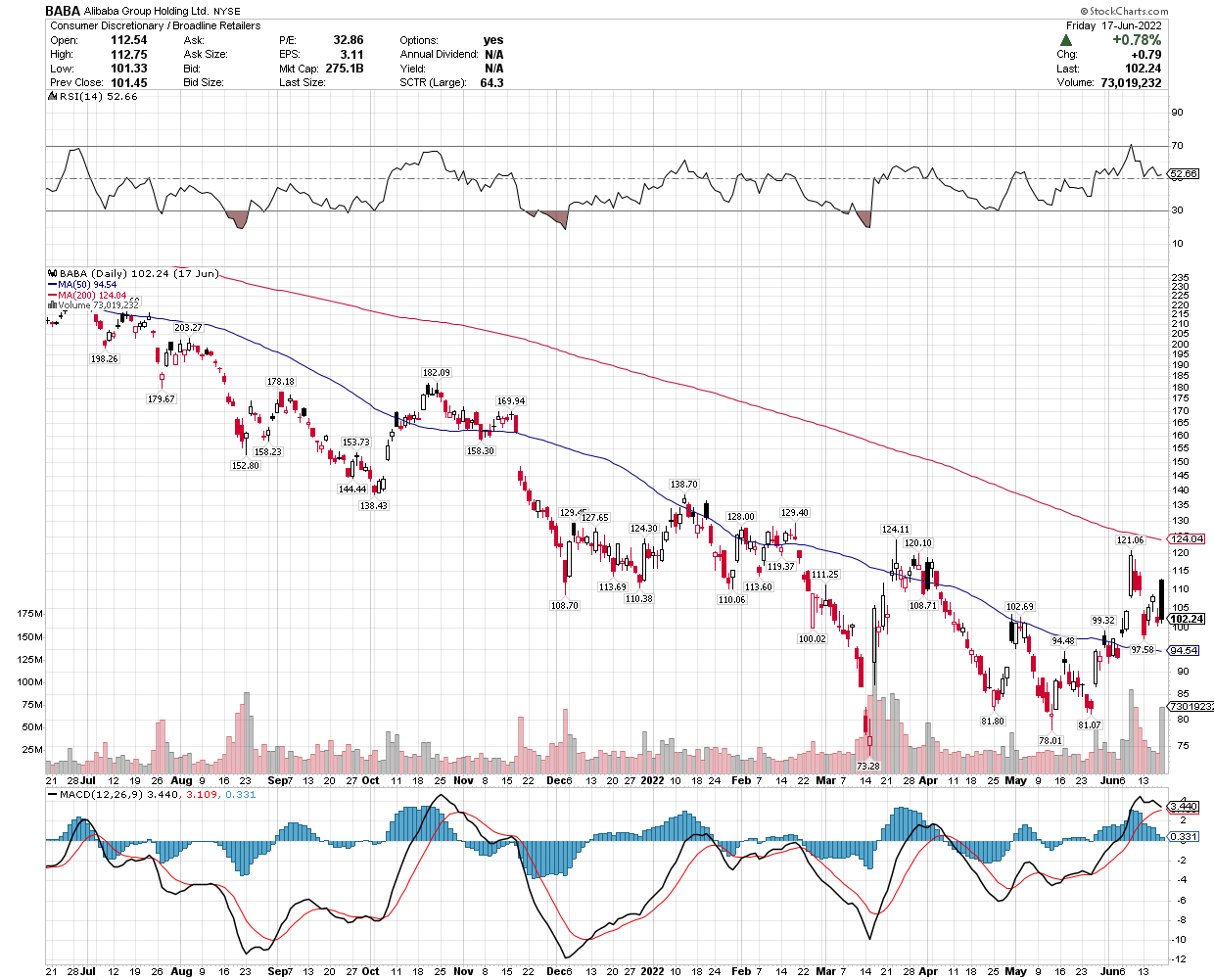maybefalse/iStock Unreleased via Getty Images
I keep hearing that we have not yet hit the capitulation point for markets. At the same time, I have never seen the investing public swing from Fear Of Missing Out (FOMO) to Fear Of Holding On (FOHO) so rapidly in my 30-year career. First of all, there is no day on which everything capitulates (a dramatic word for bottom) at the same time. Stocks, bonds, and commodities will bottom or top as asset classes at different times. Rotating or rebalancing between the three at inflection points can make a big difference in long-term returns.
Bonds are likely to bottom with yields peaking in advance of the stock market low, because stocks are generally long-duration assets with valuations that are inversely correlated with interest rates. If 3.5% turns out to be the peak in yields for this cycle, then the bottom in the stock market may be behind us. If not, then we probably have more work to do. At the same time, we should see commodities peak in advance of the stock market bottom, because that will indicate that the peak in inflation is behind us. Still, it is impossible to determine when a downtrend or uptrend has reversed until it has developed for some time.
Secondly, the securities within each asset class do not bottom at the same time. Financials may reverse back up sooner than materials, while Bank of America (BAC) may recover well before Coinbase Global (COIN). For these reasons, there are always opportunities to invest in the market. They are either plentiful or scarce, depending on the macroeconomic and monetary policy backdrop.
Here is the great irony of it all. In January, it felt like there were unlimited investment opportunities and that it would be relatively easy to make money over the coming 12-month period. Yet it was extremely difficult for me to find good investments at reasonable valuations. It could be done, but there was not a lot from which to choose. Today, I think there are countless attractive investment opportunities based on valuation, yield, and business prospects. I could buy 25 stocks today with a 12-24 month outlook and feel very confident that I would make money. Yet investors are purging stocks like they were the plague, dumping high-quality names with yields as high is 5% that are well positioned to survive the current environment for as long as it lasts. To me, that is the definition of capitulation, but it is a process and not an event.
Lastly, It is important to remember that what led in the last bull market is not likely to lead at the beginning of the next one. Momentum and growth outperformance gave way to value and quality, as the market decline ensued, and that is likely to continue once we begin to recover. There are names that were classified as growth during that last bull market that have seen such dramatic declines that they now fall into the value camp. I think that is a good place to go shopping today if you are looking for opportunities in the ongoing process of capitulation. Relative strength is a very good tool to time it.
My latest purchase was Alibaba (NYSE:BABA), which I think is a great example of a name that has swung from growth to what could be construed as value, if not growth at a very reasonable price. This is a name that looks like it has already capitulated because after a 50% decline in the share price over the past 12 months, the stock is starting to exhibit relative strength when compared to the S&P 500. The shares bottomed in May and have made a series of higher bottoms and tops over the past six weeks as the S&P 500 has fallen to new lows.
Stockcharts.com
While the valuation has fallen to levels that make it compelling relative to its growth prospects, I think the recent outperformance has more to do with macroeconomic developments than company specific ones. China’s economy continues the process of reopening, as its zero-Covid policy continues to hamper the economic recovery in China, but there has clearly been progress and the eventual return to normal should be a positive catalyst for growth. There are also signs that China is easing its crackdown on the technology sector, which is another positive for Alibaba. Even if the shares recover to fall in line with the performance of the iShares China Large-Cap ETF (FXI) there is meaningful upside.
Stockcharts
At less than 14 times this year’s profit estimate with a forecast for double-digit top and bottom line growth for the next several years, I like these shares on pullbacks. I think the risk is low relative to the upside from both a trading and investment standpoint.
Stockcharts


Be the first to comment